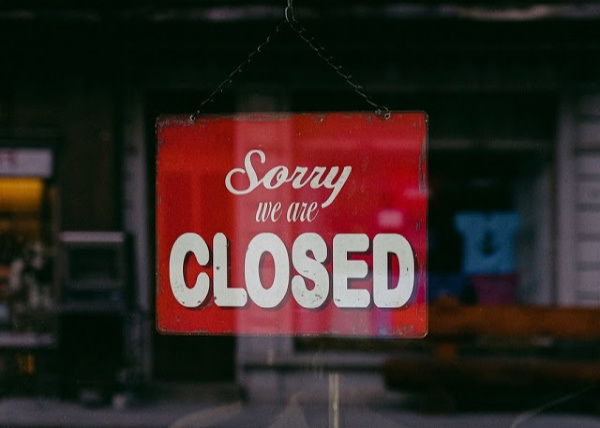
- On May 13, 2020
- In
Creating a More Equitable Post-Pandemic Society
Throughout the past few months of uncertainty, we’ve heard one question asked repeatedly: when will life return to normal? As states contemplate a phased reopening of the economy, it’s important to consider the aspects of our pre-pandemic “normal” that created and enforced systemic inequalities, which have left low-income families and people of color disproportionately exposed to the negative economic and health outcomes of COVID-19.
As COVID-19 has caused businesses to close their doors and people to stay at home, it has also brought to light inequalities that existed in our society long before we were struck by this current public health crisis. The transition to remote learning, for example, has revealed a stark digital divide that has left many low-income students at an educational disadvantage to their peers (The Boston Globe). For many adults employed by the service industry or gig economy, the pandemic has meant putting their health and that of their families at risk in order to continue paying the bills at compensation rates that pale in comparison to the risk. Similarly, small businesses owned by people of color have not had the same access to federal stimulus funds due to a lack of strong financial networks, language barriers and other challenges (CommonWealth Magazine). Even the concept of physical distancing benefits wealthier individuals – it is difficult for people who are homeless or living in tight quarters to protect themselves against the spread of disease (Vox).
People of color are disproportionately likely to suffer from these economic effects, and they are also at higher risk of experiencing complications from the virus. According to the Center for Disease Control (CDC), African Americans and Latinos are more likely to die from COVID-19 than any other racial group. People of color are at higher risk for underlying health conditions that exacerbate the effects of COVID-19, such as heart disease and diabetes, and many lack access to high-quality, affordable healthcare. Throughout different stages of the outbreak, states and municipalities have also often failed to quickly and adequately educate non-English speaking communities about the virus and the resources available to them.
The impact of the pandemic is also felt in more ways than one in the nonprofit community. While the need for services by communities, particularly communities of color, increases, the sector is experiencing hardship in raising funds (The Boston Globe). The philanthropic community has quickly stepped up in providing funding to organizations working with vulnerable communities (The Boston Globe). However, these rapid-response efforts have not been distributed equitably, and many grassroots, community-based nonprofits led by people of color have not fully benefitted from these investments (The New York Times).
While COVID-19 has exacerbated societal inequalities, it did not create them, and they will not disappear when the virus subsides. As we begin to develop plans for reopening, we must also realize that the old “normal” left millions of low-income families and people of color at risk of contracting the virus and of death. In order to ensure that these groups are protected in the future, we must place equity at the forefront of COVID-19 recovery plans and create opportunities for social and economic mobility.
At the very core of IBA’s mission is a devotion to creating a more equitable society. From the outset of the COVID-19 public health crisis, we have made it a priority to make important information accessible to our Spanish-speaking community members through resource lists, Facebook Live discussions with experts about the health risks of COVID-19 and financial webinars. Our CEO, Dr. Vanessa Calderón-Rosado, has been active on the issues of an equitable recovery through her participation on Mayor Walsh’s Health Inequities Task Force. As we look to the future, we will continue empowering our residents and advocating for more equity in affordable housing, economic mobility and educational opportunities for all.
We are proud to be working to develop housing opportunities for low-income households in Boston. For more information on how you can support IBA, please visit our page: http://www.ibaboston.org/donat...
...